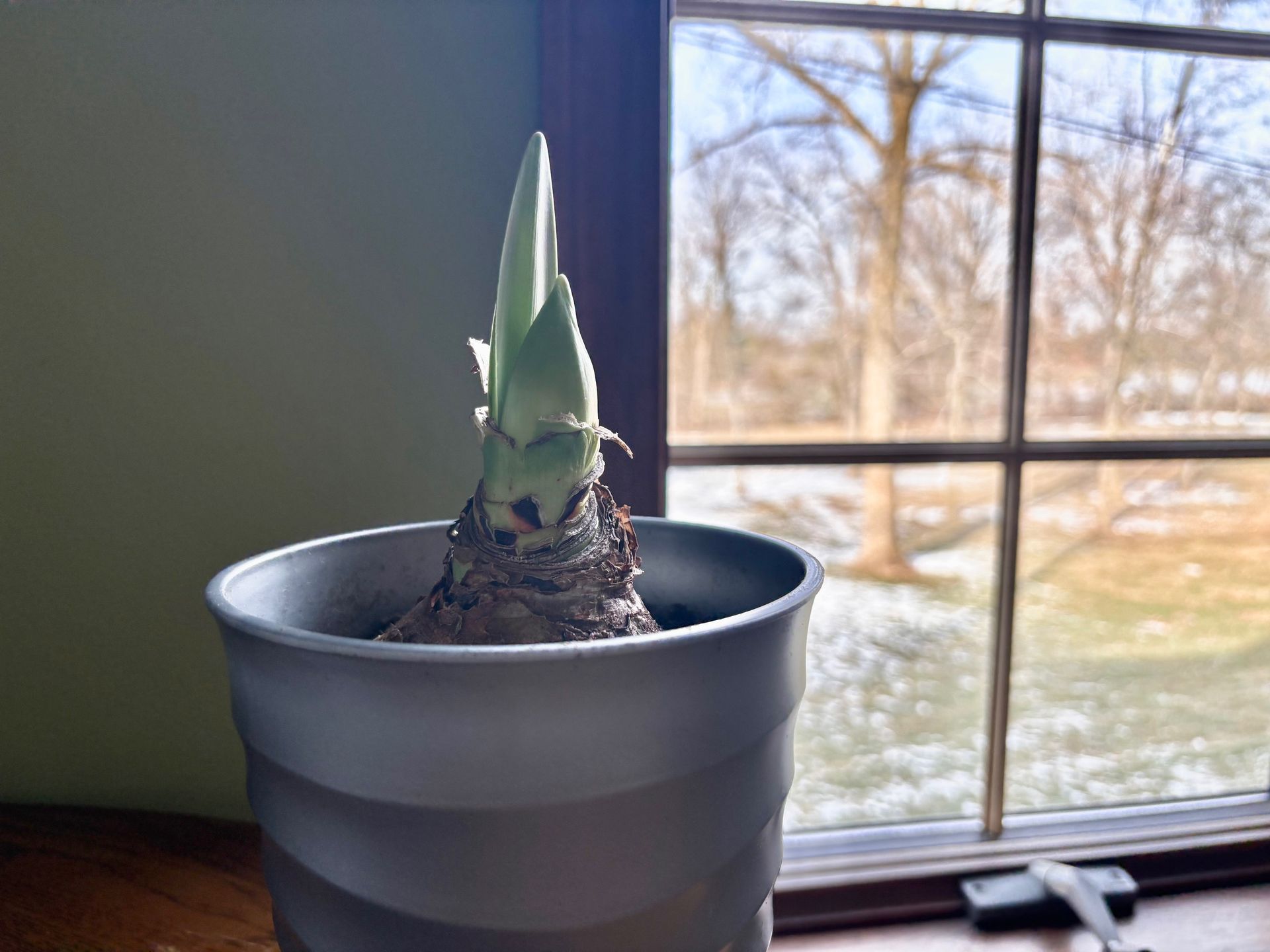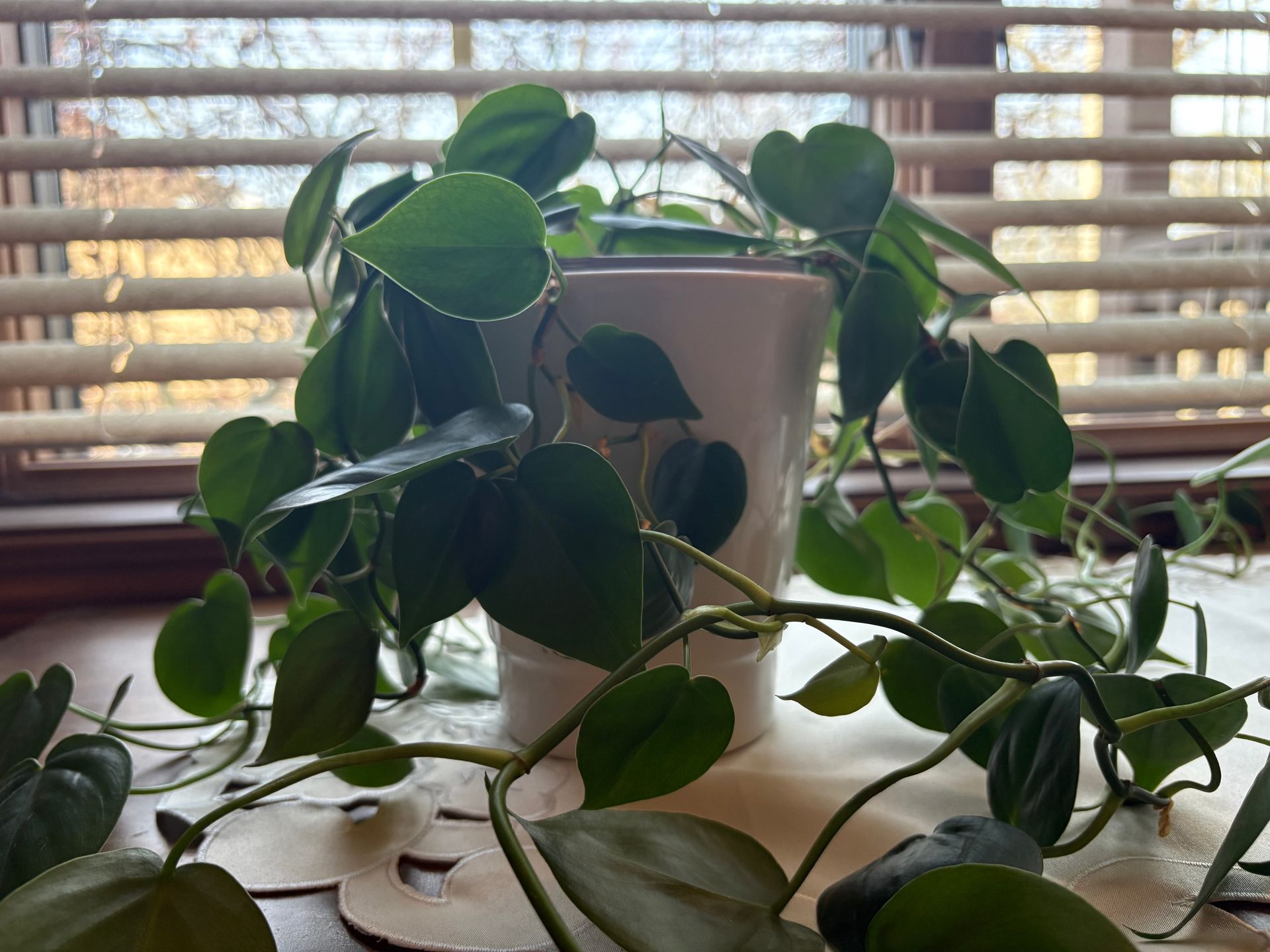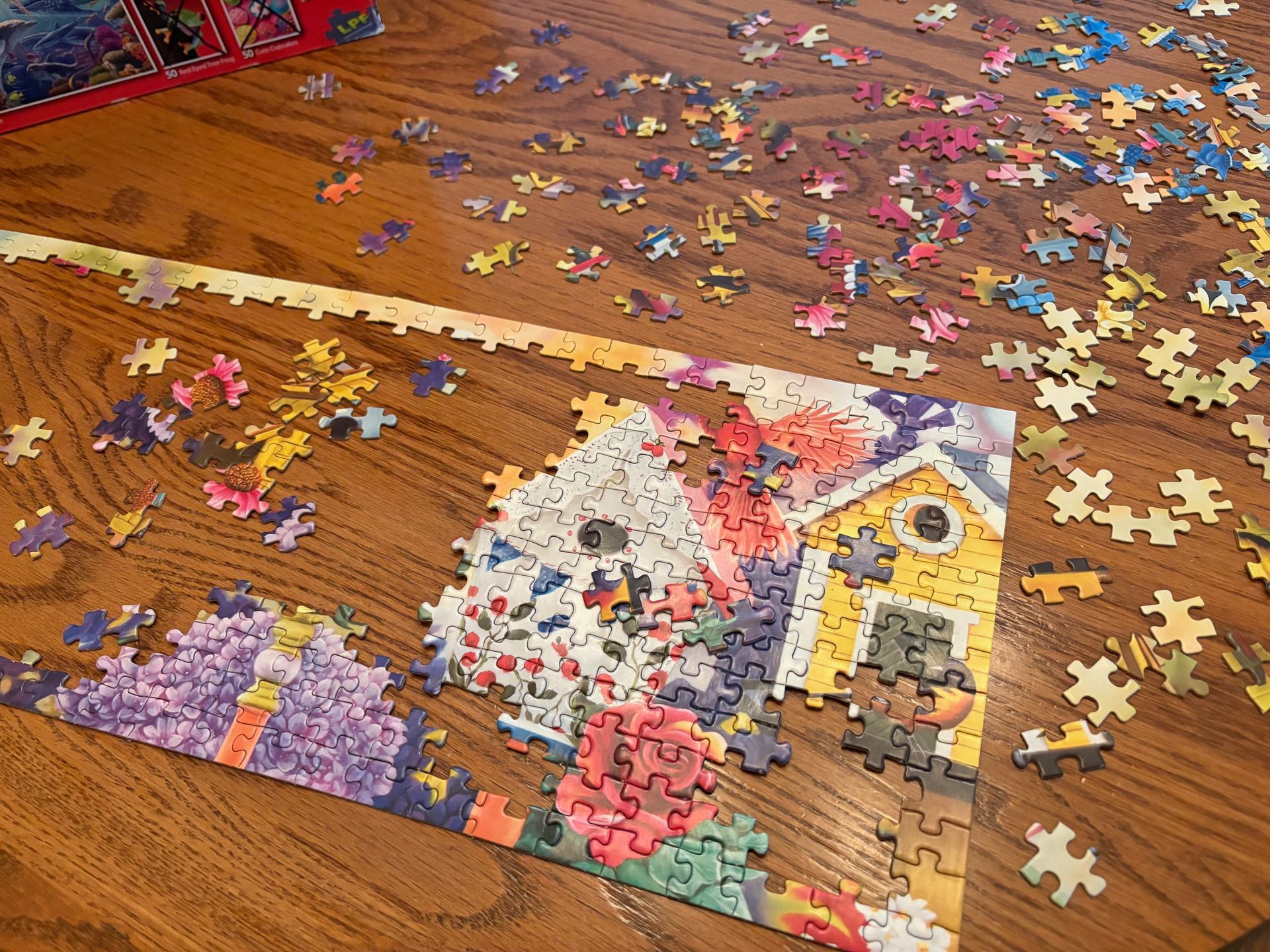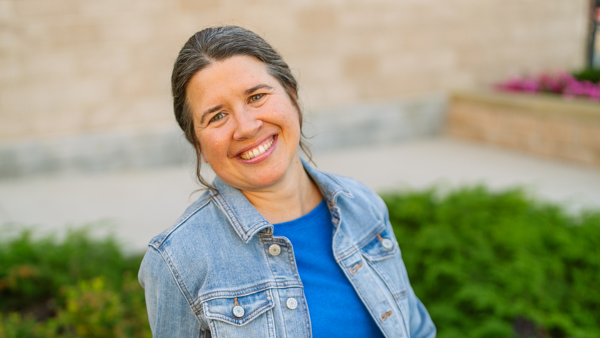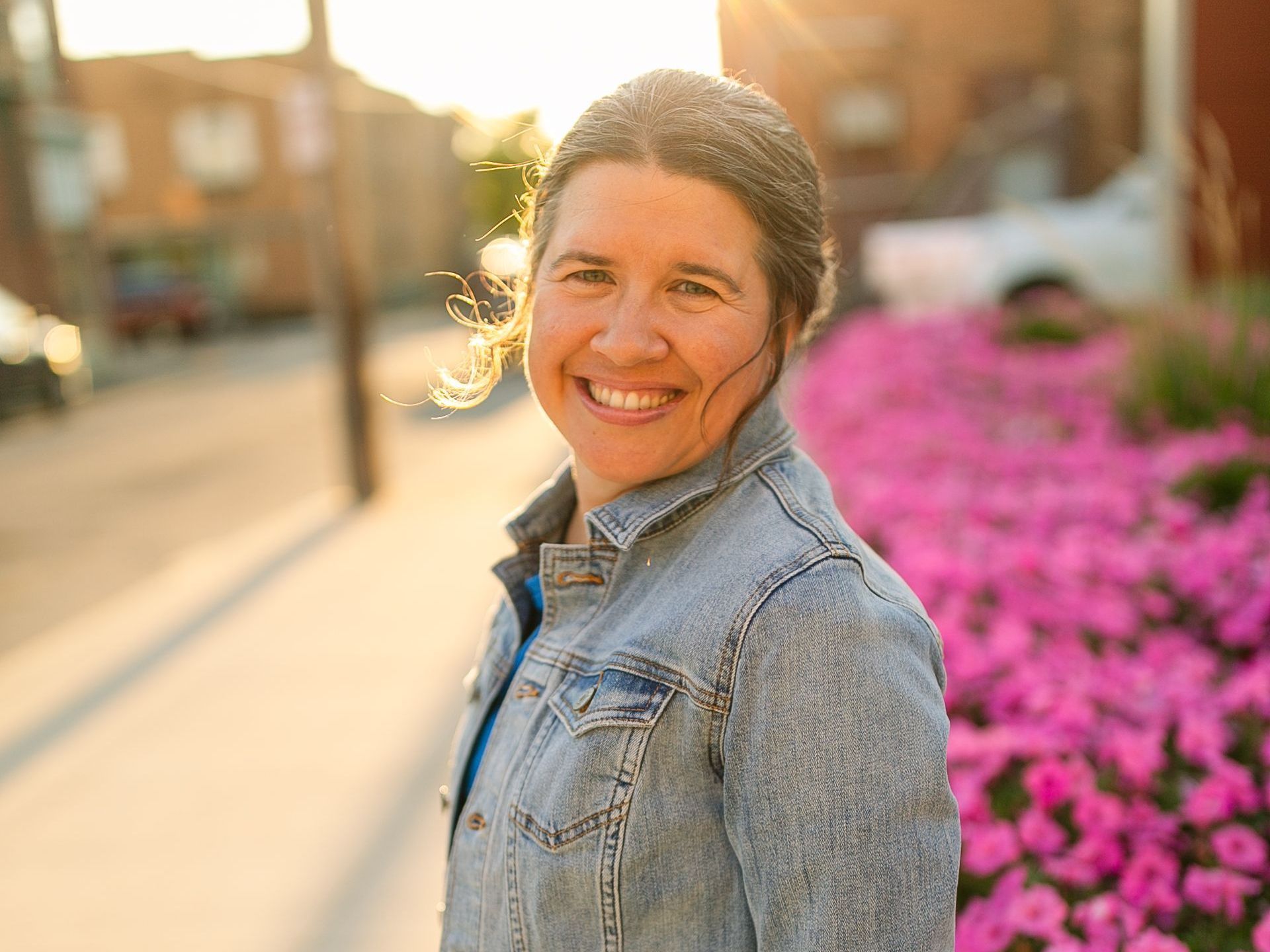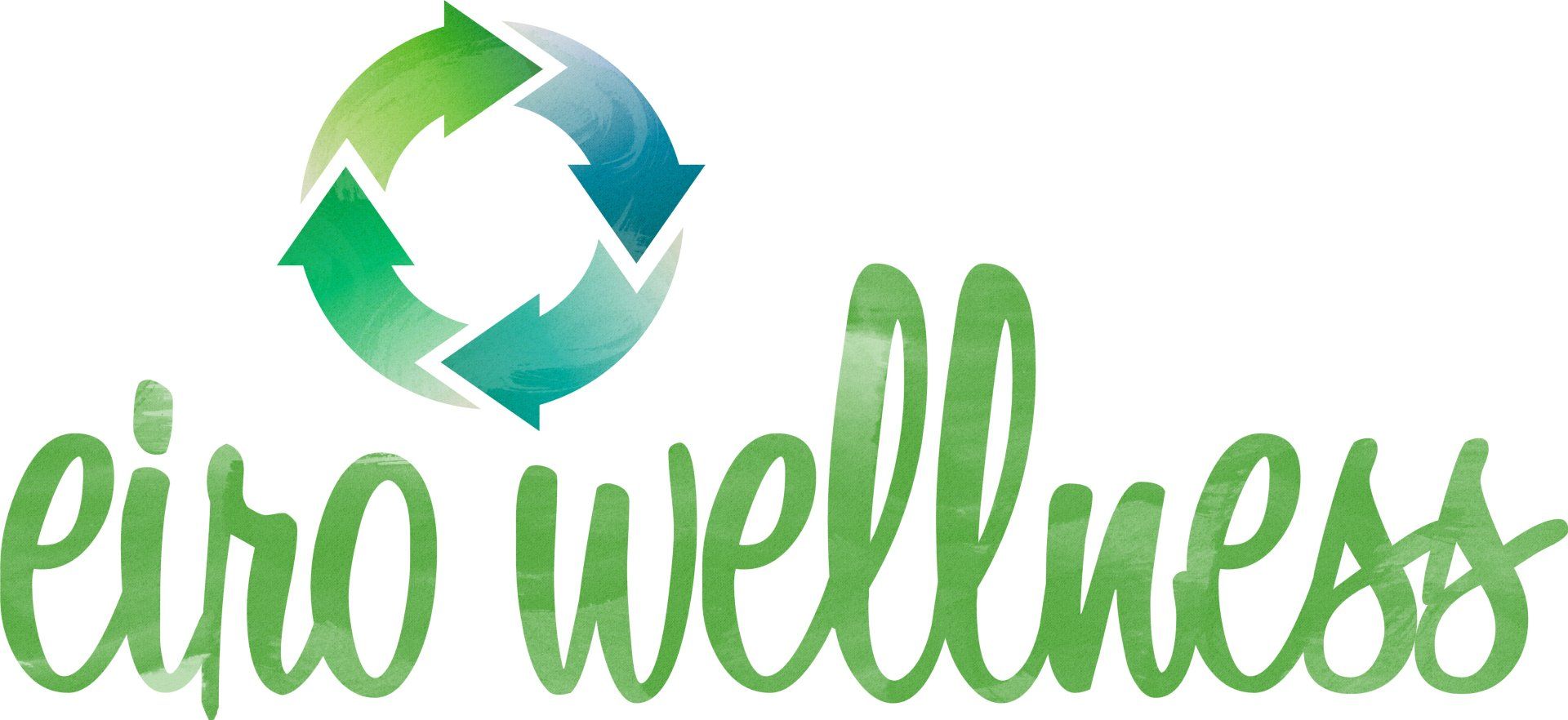Blood Sugar & The Brain
Why What You Eat Impacts How You Think, Feel, and Parent

I’ll never forget what happened with my niece during a family vacation about 10 years ago. She was just five years old and had spent the whole day running, laughing, and playing in the sun. It was a beautiful day – but by evening, she completely crashed. She became irrational, inconsolable, and almost unresponsive.
We could tell something wasn’t right, but she couldn’t express what she needed. After a lot of coaxing, we finally got her to eat. And almost instantly, it was like someone flipped a switch. She snapped out of it. Her color returned, her words made sense again, and she was able to connect with us.
Her blood sugar had dropped. And what looked like emotional distress or misbehavior was actually a physical crisis. That moment was a clear reminder of something I now tell the women I work with inside the Wholeness Restored Program:
What we eat has a direct impact on how we think, how we feel, and how well we function.
Sugar Scatters, Protein Focuses
The brain consumes more sugar than any other organ in the body. It needs glucose to function, but too much sugar can cause big problems—especially when it comes to our thoughts and emotions. Sugar has what we call an expansive effect on the brain. It causes our thoughts to scatter, our focus to disappear, and our ability to concentrate to plummet.
If you or your children are struggling with focus, attention, or staying on task—take a look at sugar intake.
Protein, on the other hand, has a constrictive effect. It helps our thinking become more focused, intentional, and narrow, allowing us to concentrate on the task at hand. It’s calming to the nervous system and nourishing to the brain.
This is why, when I work with women inside my Wholeness Restored Program who are experiencing mood swings, brain fog, anxiety, or even depression, we often begin by addressing blood sugar balance through increased protein consumption.
Stress Makes It Worse
In our high-stress world, especially as moms and caregivers, we burn through blood sugar quickly. Stress signals the body to use more energy, and insulin surges to push sugar into our cells. But when that sugar is depleted too fast, we’re left with a sudden crash—feeling foggy, irritable, tearful, and emotionally overwhelmed.
This isn’t a moral failing. It’s a biological one.
That’s why it’s so important to respond to your body with kindness and wisdom. When you feel yourself spinning emotionally or mentally, don’t just push through. Pause. Take a moment. And eat a little protein.
Some of my favorite quick protein sources include:
- A handful of almonds or walnuts
- Cottage cheese
- Greek yogurt (unsweetened or lightly sweetened with fruit)
- A clean beef or turkey stick
Your brain might be screaming for sugar in the moment, but that’s just because it’s panicking. Protein brings stability.
Sugar, Teens & Trouble
There’s also a deeper issue here—especially for our children. Research shows that many juvenile misdemeanors and crimes occur when teens have eaten too much sugar or simple carbs, resulting in unstable blood sugar levels. These imbalances contribute to poor judgment, irrational decisions, and emotional outbursts.
As mothers, it’s easy to assume our child is just “acting out” or “being difficult,” but often there’s more going on beneath the surface. Food choices—especially around sugar and protein—can have a huge impact on behavior, self-control, and mental clarity.
Fuel Your Family Wisely
So, what can we do?
- Prioritize protein with every meal and snack.
- Limit sugar and refined carbs as much as possible.
- Choose complex carbs like whole grains and fresh fruit—in moderation.
- And most importantly,
pay attention to your own body’s signals. Your irritability, exhaustion, or forgetfulness might not be a character flaw—it might be a cry for balance.
Your body is fearfully and wonderfully made. When you care for it with the wisdom God provides, you create space for peace, clarity, and joy—in your own life and in your home.



